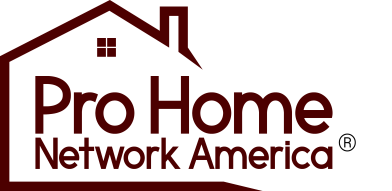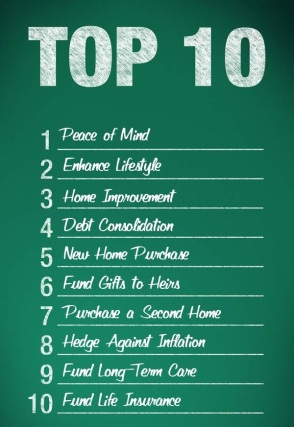One key indicator this spring is market inventory. This entails not only the number of houses officially for sale at a given time but how long it will take those properties to sell at their current pace. The fewer the homes, the more likely they are to draw offers and the shorter the inventory cycles…In plain words, the fewer the inventory, the more pricey the market gets!
Observers of real estate say that six months of housing inventory represents a balanced market. Anything less than six months tilts the market toward sellers. A supply exceeding six months leans to buyers.
Over the last four years, the number of homes for sale has dropped 35%, and recent reports put the housing inventory cycle at about 4.4 months. Homes on the market should, therefore, draw a number of offers, and this competition for available housing should drive up prices.
However, what bodes well for sellers is not so for buyers. For example, the inventory of starter homes, or those that are generally less expensive, have declined, making it difficult for buyers to find a property. “Prices of premium homes have actually started to grow further and further out of reach, so if you own a trade-up home, and say you want to buy and move up to a premium home, it’s much more difficult to do so, just because it’s more expensive.”, says Ralph McLaughlin, Chief Economist for Trulia.
Reports of a tight inventory this spring were confirmed by Svenja Gudell, Zillow’s Chief Economist, who said, “There are a lot of economic forces at work behind the scenes that will have a big impact on housing as we enter the busy home-shopping season. Low inventory is a factor in almost every market, so buyers should be prepared for a limited selection in the months to come.”








